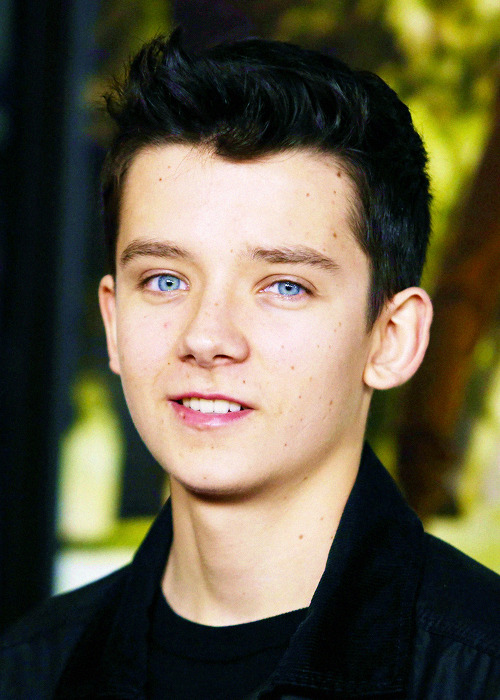

W hat was your experience working with Martin Scorsese, especially as a developing young actor? To have that normality to come back to, to totally relax and not have to deal with a lot of the pressure that’s put on young actors makes it a lot easier. No, I’ve always stayed cool about it, I think thanks to me being so not involved with it when I’m not filming. Did it feel like a lot of pressure to live up to these expectations the world thrust upon you? It wasn’t until I did Hugo where I sort of started to think that this could be something that I do for a long time, not necessarily the rest of my life, but we’ll see.Īfter Hugo, you were on a lot of lists of promising young actors and actors to watch. I saw a casting director and that’s what got me my first role. When I first started, it definitely wasn’t something I envisioned myself carrying on doing. How old were you when you decided you wanted to be a serious actor? It doesn’t really affect me, when I’m at school or with my mates.

I’m a pretty normal person, outside of the film world. Yes, it was my last year this year, so I had my A-levels when I was shooting Miss Peregine’s Home, and I got my results back a few weeks ago. You tweeted something about exams a few weeks ago. As long as I looked as though I knew what I was doing, that’s what matters. I was all right at math before, but I was never at all qualified to do what they were doing. It’s very natural.ĭid you have to brush up on math for the role? It does have that really quite intimate feeling with the camera shots, and it’s shot almost like a documentary. His experience as a documentary filmmaker, as well as his experience with people who are on the spectrum, really makes the film what it is. How do you think having that experience influenced the way he made this film? Morgan Matthews, who directed the film, also directed the 2007 documentary that it’s based on, Beautiful Young Minds. There’s no defining traits, so it took a long time to find what made his case individual. It did take me longer to really understand him, because his case of autism is so unique. Was trying to inhabit Nathan’s mind more difficult than other characters you’ve played in the past? One person in particular, called Daniel Lightwing, who my character was loosely based upon, I spoke to him for quite awhile. I spoke to a lot of them, met with a lot of young men who grew up on the autistic spectrum and learned about the things they had to deal with. I didn’t know very much about people who were on the spectrum. And although his career shows no signs of slowing, fans shouldn’t be surprised if he takes a hiatus from movie-stardom to document the threatened habitats of Micronesia or the star-fingered Suriname toad-making his own wildlife documentaries is on his short-list of pursuits to check off.Īsa Butterfield: It was the thing that really stood out to me when I read the script.
#Asa butterfield movie
And in this summer’s Ten Thousand Saints, opposite Ethan Hawke and Hailee Steinfeld, his Jude is a straight-edge, skateboarding lover of hardcore punk rekindling his relationship with his father in late ’80s Manhattan.įor a teenager who’s been acting for more than half his life, Butterfield seems unperturbed by fame, an attitude he attributes to attending regular schools throughout his youth and thinking very little about the Hollywood scene when he’s away from the movie set. 11), he plays math wunderkind Nathan, for whom living on the autism spectrum makes love-or at least outward expressions of it-the one equation he struggles to crack. But Marvel or no Marvel, Butterfield has transitioned gracefully from roles that trade in childlike whimsy to those that mine the depths of teenaged angst.


 0 kommentar(er)
0 kommentar(er)
